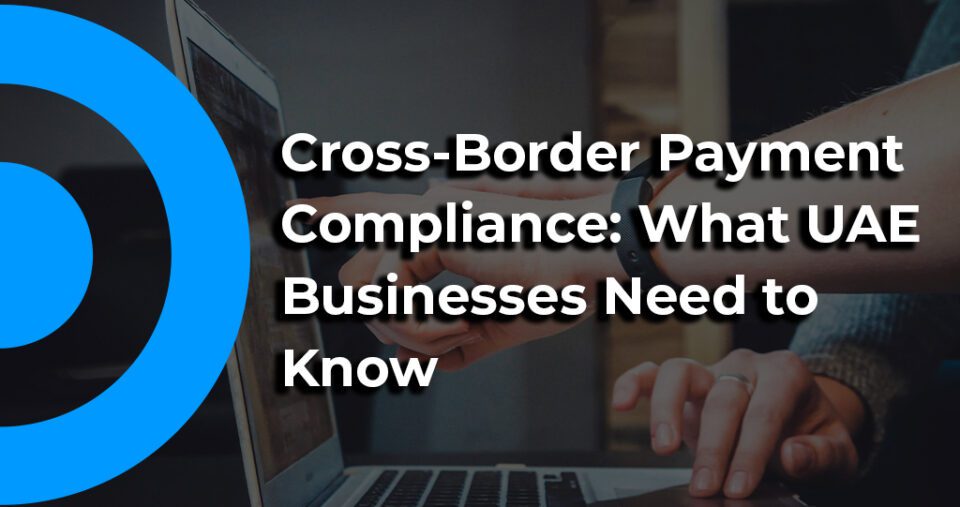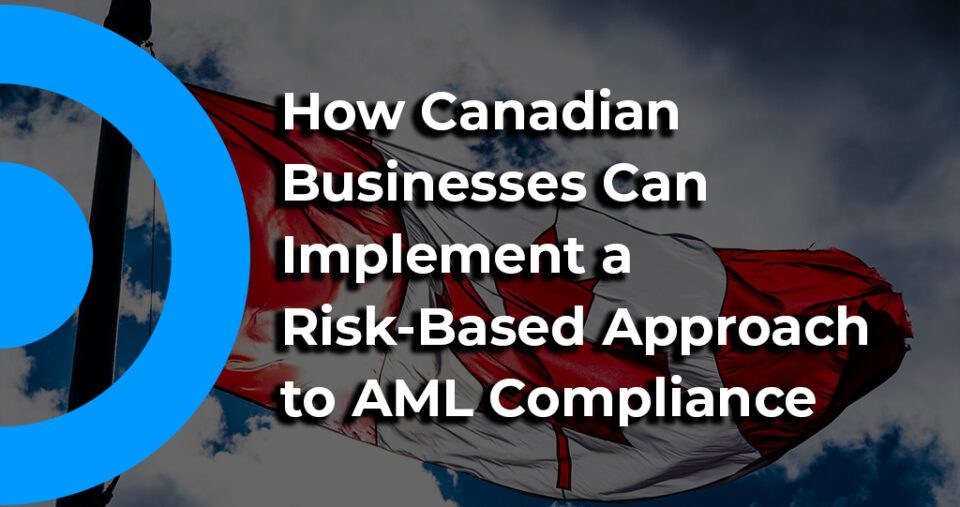
How Canadian Businesses Can Apply a Risk-Based Approach to AML Compliance
April 14, 2025
Are you a Business in the UAE? Here’s everything you need to know about Cross-Border Payment Compliance
April 22, 2025Canada’s fintech industry is growing, drawing in new startups and global financial companies hoping to benefit from its expanding digital economy. But before they can operate, fintech businesses need to understand and follow a lot of rules. Knowing the laws about Anti-Money Laundering (AML), licenses, and protecting consumers is important to avoid legal issues.
This article covers the main challenges fintechs face when entering the Canadian market and offers tips on how to overcome them.
1.A Deeper Understanding : Canada’s Regulatory Landscape
Fintech companies in Canada are monitored by several regulatory organizations, such as:
- Financial Transactions and Reports Analysis Centre of Canada (FINTRAC) – Makes sure companies follow rules to prevent money laundering and terrorist financing. (FINTRAC)
- Office of the Superintendent of Financial Institutions (OSFI) – Oversees national banks and some fintech companies. (OSFI)
- Provincial Securities Commissions – Monitor fintech companies involved in securities and investments. (CSA)
2. Key Compliance Hurdles for Fintechs
a) AML and KYC Requirements
Canada’s AML and Know Your Customer (KYC) rules require fintech companies to set up strict compliance programs, including:
- Verifying customer identities.
- Monitoring and reporting suspicious transactions.
- Keeping required records.
Not following FINTRAC’s rules can lead to large penalties. Find out more about the best AML compliance practices.
b) Payment Services and Licensing Restrictions
Fintechs providing payment processing, money transfers, or digital wallets must register as a Money Services Business (MSB) with FINTRAC and follow the Retail Payment Activities Act (RPAA).
Check out our Compliance Glossary to understand PSP licensing and MSB registration.
c) Data Privacy and Cybersecurity Compliance
Canada has strict data protection laws under PIPEDA (Personal Information Protection and Electronic Documents Act), requiring fintechs to:
- Secure customer financial data.
- Obtain user consent before data collection.
- Implement breach notification procedures.
3. How to Overcome Compliance Challenges
a) Engage with Regulatory Authorities Early
Consulting with regulators before launching fintech services in Canada can help startups avoid compliance missteps and streamline licensing approval.
b) Implement a Strong AML & Risk Management Program
Fintechs should use a risk-based approach to AML compliance, making sure their systems for tracking transactions, preventing fraud, and reporting are strong and up to date.
c) Stay Updated on Regulatory Changes
Fintech businesses need to stay updated on new laws and work with compliance experts to ensure they meet all requirements.
Final Thoughts
Entering the Canadian fintech market requires a strong grasp of the rules and a proactive approach to compliance. By focusing on AML rules, licensing, and data security, fintechs can reduce risks and build a solid presence in Canada’s growing financial industry.
Need expert guidance on Canadian fintech compliance? Contact PayCompliance to navigate regulatory challenges effectively.
Sources
- Financial Transactions and Reports Analysis Centre of Canada (FINTRAC): https://www.fintrac-canafe.gc.ca/
- Office of the Superintendent of Financial Institutions (OSFI): https://www.osfi-bsif.gc.ca/
- Canadian Securities Administrators (CSA): https://www.securities-administrators.ca/
- Personal Information Protection and Electronic Documents Act (PIPEDA): https://www.priv.gc.ca/en/



